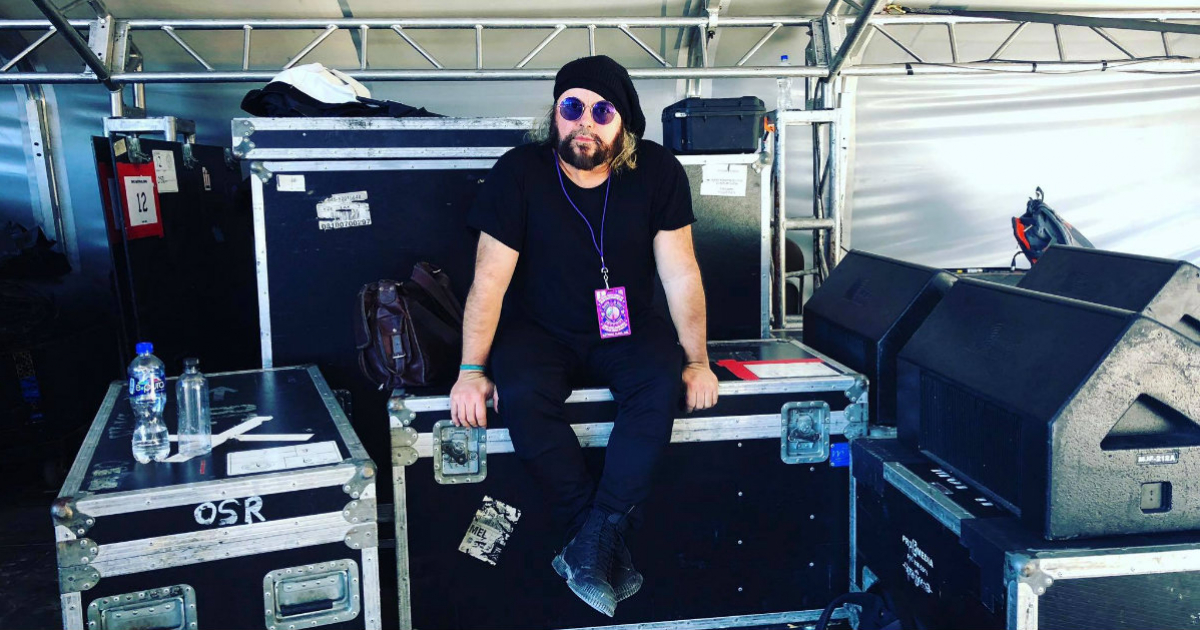
| 02/01/2021 – 05:20 AM (GMT-4)
The famous Cuban singer-songwriter, Carlos Varela, celebrated the start of 2021 with a meaningful excerpt from his song “The Boy, the Dreams, and the Hourglass,” referring directly to the need for change as he wishes his followers a happy New Year and blessings.
“Although I have no illusions / something has to change / although I dream songs and prefer to keep others silent”Varela wrote on his Facebook profile. Although Varela did not directly allude to the situation in Cuba, dozens of people have interpreted it in the comments on his publication.
The fragment Varela chose to celebrate the New Year in Cuba belongs to his 1995 album, Like fish, considered one of the most important in the Cuban musician’s recording career.
“This is the story of a kid who stopped dreaming / who dreams of seeing a day that didn’t just come / but knows there are others who dream the same / because that damn dream could one day become real”, it says also the text to which the fragment refers.
Early December Carlos Varela defended the artists demanding more political freedoms, creative and expressive in Cuba. “There are actors, musicians, playwrights, writers who only demand and want respect for their ideas and for a need for dialogue,” Varela said in an interview with CNN.
The important Cuban troubadour said that people in Cuba are not locked in an information bubble that comes from only one part, and specified that thanks to social networks, people on the island have an increasing right to express their views. criterion.
Earlier, the Cuban singer-songwriter had defended the San Isidro strikers in a powerful text that triggered questions, reflections and conclusions deeply involved in the current conditions on the island.
“When will William Tell’s grandchildren be heard?”Carlos Varela wondered in a letter in which he raised his voice in favor of art, the right to dissent and freedom of expression.
The musician said he did not know any of the strikers personally, but began by admitting that anyone willing to die for a cause deserves to be listened to with respect. For this reason, he refused to be “complicit in the silence of the choir” and wondered: “What right can anyone decide who is an artist and who is not? Who is Cuban and who is not?”; “Could it be that we should immediately delete the word DIALOGO from the dictionary of Cubanisms?”
After other similar questions and a critical look at the evils that have characterized Cuban society over the decades, one of his conclusions was that He doesn’t live in the Cuba he dreamed of.
We need your help:
Just like you, thousands of Cubans they read and support CiberCuba independent journalism. Our editorial independence begins with our economic independence: no organization in any country funds CiberCuba. We create our own agenda, we publish our opinions and we give a voice to all Cubans, without external influences.
Until today, our newspaper has only been funded with advertisements and own funds, but that limits our options. We ask for your help for this. Your financial contribution will allow us to take more investigative action and increase the number of staff reporting from the island, while maintaining our editorial independence. Any contribution, large or small, will be very valuable for our future. Starting at just $ 5 and with just one minute of your time, you can partner with CiberCuba. Thank you.
Contribute now